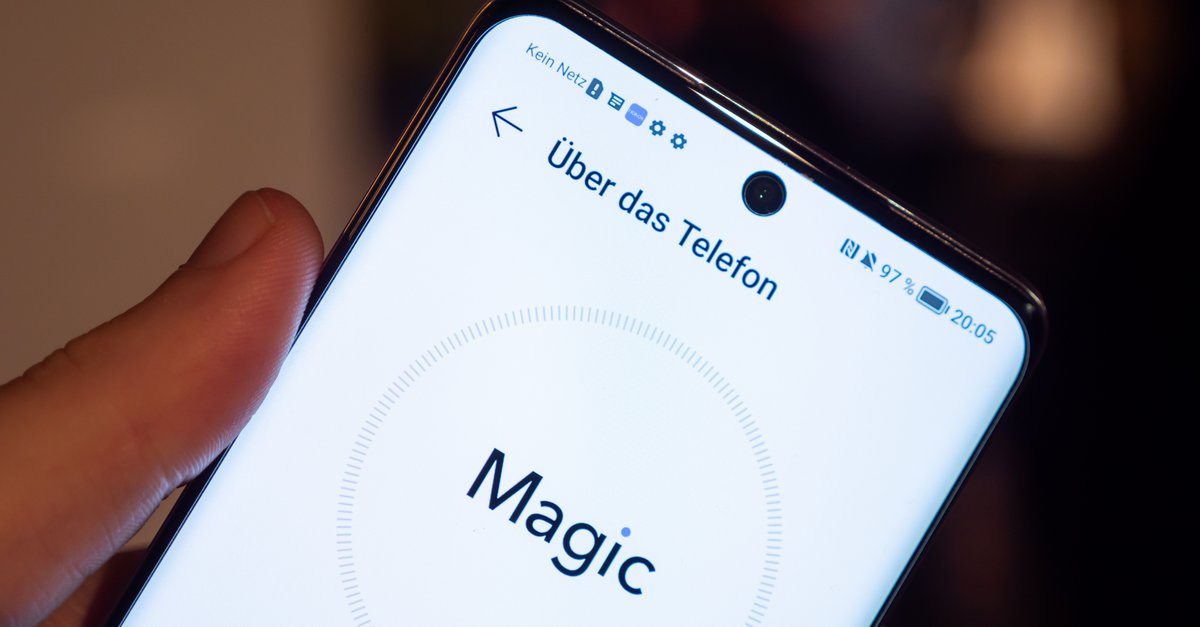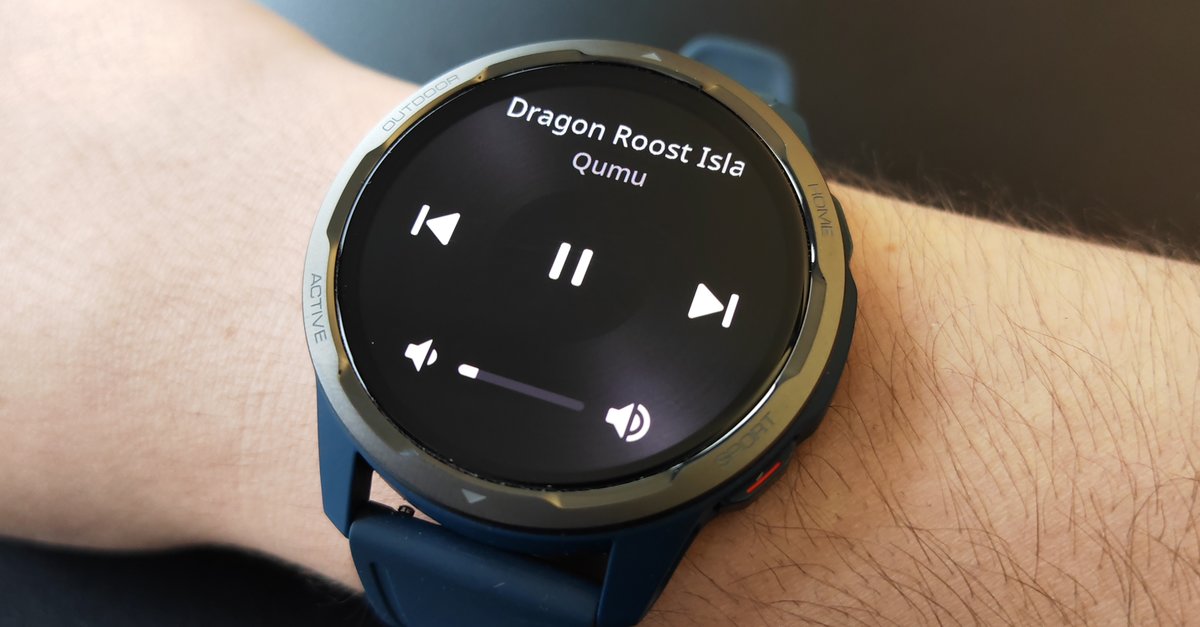Shaping the VUCA world with resilience and an agile mindset
The term VUCA world has haunted the media for a long time. In the corona crisis, it has become more specific and understandable. The crisis shows what volatility, uncertainty, complexity and ambiguity mean – especially when it comes to our health. In this context, dealing with setbacks and crises is gaining new relevance.
The term resilience is booming and has become a buzzword. Resilience is the new goal: for organizations in the VUCA world, individuals or teams in the corona crisis. There is a great need for the skills of “correct” and good handling of setbacks, crises or blows of fate. In the meantime, a consulting industry made up of resilience coaches with online courses and literary guides has established itself.
In the discussion, resilience describes a human ability to deal with crises. The term originally comes from materials management and has also found its way into the energy industry, information technology, sociology and ecosystems, for example. That’s what he calls them Capability of technical systems“Not to fail completely in the event of malfunctions or partial failures, but rather to maintain essential system services”. This measures the resistance.
Dealing with crises is as old as humanity itself. Nevertheless, systematic, scientific research into resilience is still relatively new. The American Developmental psychologist Emmy Werner laid the foundation for resilience research with her studies of risk, competence and human development. In a comprehensive longitudinal study She and her team accompanied 700 children born in Hawaii in 1955 over a period of 40 years. Chronic poverty, mental illnesses in the parents or family disharmony shaped the lives of a third of the test subjects. In relation to this risk group, a third developed well despite the high exposure and did not show any behavioral problems, for example. Resilience was shown specifically in a positive attitude towards life, the relationships that were entered into and fulfilling work. In contrast to the other two thirds, Emmy Werner recognized a lower number of divorces and chronic illnesses in the 40-year-old test subjects. With her research, Werner promoted a resource rather than a deficit orientation.
In terms of complexity, resilience is in no way inferior to the terms “mindset” or “corporate culture”. In addition to their central importance for the future, one thing they have in common is that they cannot be influenced directly, but at most indirectly, and represent key challenges for companies and their employees. This article aims to contribute to a holistic understanding of resilience and to stimulate impulses practically and beyond discussions of terms: What does resilience mean for individuals and teams, companies and society and how relevant is it in the VUCA world? There will be no blueprints, five-step programs or other (advice) suggestions in this text – only questions and impulses for discussion.
The example of the Jewish psychologist shows that it is possible to see meaning in life even under the most inhumane conditions Viktor Frankl. He is considered the founder of Logotherapy and Existential Analysiswhich sees itself as meaning-centered psychotherapy. In his book “… anyway say yes to life” (“Man’s Search for Meaning”) Frankl describes in a personal testimony how he survived the concentration camps Theresienstadt, Auschwitz and Türkheim. Hunger and abuse shaped the lives of the detainees. They wondered if they would survive the camp. Ultimately, as Frankl describes, only then would suffering make sense. Over time, many inmates lost their will to survive. Some saw suicide as the only way out. In order to reduce this risk in particular, Frankl organized psychological care for newcomers in the Theresienstadt ghetto.
In the vicinity of the camp, Viktor Frankl had a perspective that transcended suffering: he had the idea that in the future he would give lectures on the conditions in the camp and their effects on the psyche. It helped him not to lose hope and gave him strength to go on living. In a documentation from 1994, Frankl mentions the mental attitude as an essential element that influences how suffering can be overcome. This “power of defiance of the spirit” became a leitmotif of his work.
With all of the intersections between resilience and the “power of defiance of the spirit”, the path to and the goal of coping with suffering are very different in both approaches. “Frankl’s model differs from the contemporary reception of resilience in that resilience does not actually exist as a goal, but as a by-product of an unconditional open-mindedness,” explains the board of directors of the Viktor Frankl Institute in Vienna. Alexander Batthyány. This shows the parallel to mindset and corporate culture, which can also not be influenced directly, but only indirectly. The important thing is the direction. Samuel Koch also emphasizes this idea in his book “StehaufMensch!”, Which explicitly does not want to be a resilience advisor.
Millions of people watched in front of the TV when Samuel Koch experienced the stroke of fate in his life. On December 4th, 2010 he was a candidate for the ZDF show “Wetten, dass ..?” His bet consisted of jumping forward in a forward flip over five cars of increasing size that drove towards him. At the fourth vehicle, Koch fell and remained motionless. Since then he has been paraplegic from the neck down.
Today Samuel Koch is an actor, author and speaker. On his website he reflects: “I wooden head ran my head into a car and broke my neck four times. It hasn’t always been easy since then. But possible. Life goes on … than you think. You can complain at any level, but you can also be happy at any level. ”There is no“ universal operating manual for dealing with difficult times ”. Accordingly, he rejects the role of advisor or resilience expert.
It also helped him to listen to other people’s experiences, to find inspiration – and to find his own solutions. Two apparently contradicting basic needs play a central role: connectedness and autonomy. While connectedness describes the deep human need for attachment and acceptance, autonomy means the possibility of growth and freedom, an important skill for learning and problem solving. But if a person becomes the object of evaluations and measures, it makes them a victim and violates their basic needs. Instead, it is about strengthening his dignity as a person and his self-efficacy so that he can come into harmony with himself.
Despite all the differences, the examples Viktor Frankl and Samuel Koch show a common perspective on self-effective people who develop actively and with dignity. There is no blueprint for the VUCA world – only the opportunity to gain your own knowledge from many exciting experiences.



